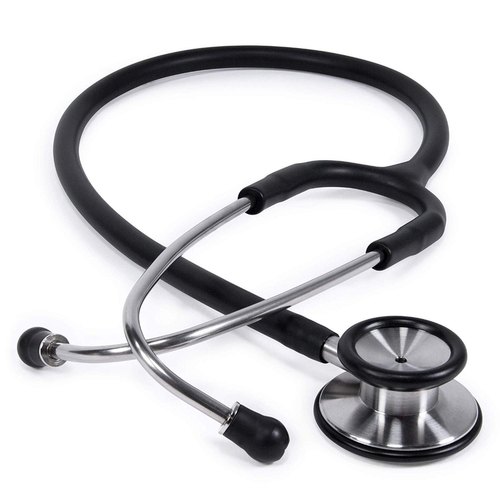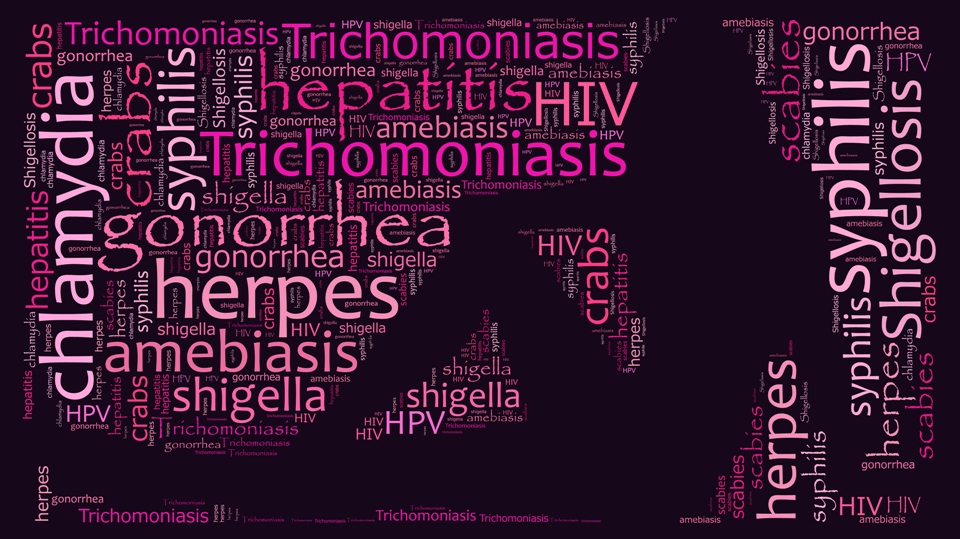Remember that time it burned when you peed? You don’t Remember? Come on, it’s just me and you. Still don’t? What about when you had sores? Not you? Oh oh oh, what about that time your vee had a fishy smell? Still not you? Oh well, if you say so.
If you’ve never gone through any of these, then you are lucky. The same can’t be said for a roommate of mine from school. I used to call him Murphy, you know, after Murphy’s Law. He was a combination of bad decisions, and it always came back to bite him in the ass, one way or another. Let me put it in perspective, he loved sex, but with different women, and he hated condoms because he thinks it’s not as sweet. Whatever that means, I’m a virgin as you know, cross my heart, Lol.

Luckily for him, he never got sick, at least not STD sick until one escapade. The escapade to end all escapades. The details of that event are blurry compared to the sight of this dude peeing blood and shouting his head off. It was a scene to behold, almost mesmerising, almost. We spent the next few days in the hospital, and the next few weeks learning everything we could about STIs, which I’m going to share with you as you read.
After that ordeal, my roommate became “born again”, atleast not in the literal sense of the word, because he was still having sexual relations, but now with more caution, which included using condoms, doing routine tests etc. Atleast it wasn’t that bad, could’ve been worse, he could’ve become impotent, just saying.
What are STIs?

STI is short for Sexually transmitted infections. There are many ways these can be gotten, which is on par with the many types of sex we have. Some of these routes include vaginal sex, oral sex, and anal sex. I should point out that we have STDs, which stands for Sexually Transmitted Diseases. The difference is, you’d usually get an infection, before it becomes a disease, which would involve damage to cells and presence of symptoms. Some infections don’t become diseases though, an example is the HPV infections, which clears on its own most times, other times it can lead to cancer.
Its also important to note that some STIs can be transmitted through non sexual means like needles and pregnancy.
There are different types of STIs;
We have the viral kinds, which are almost impossible to cure, like HIV (Human Immunodeficiency Virus) infections, HPV( Human Palpilloma Virus) infections, Herpes etc. These can be treated with antivirals, to manage symptoms and slow disease progress, but again, cannot be cured.
The bacterial kinds are generally curable, with antibiotics. Most common ones are syphilis, chlamydia and gonorrhea.
It goes without saying that antibiotics have no effect on viruses, only antivirals do.
A parasite is a small animal that feeds on a host without benefitting that host. We have these kinds of infections too, parasitic infections. These are usually very uncomfortable, examples are pubic lice, scabies and trichomoniasis. These infections can be treated with antiparasitic lotions and tablets. They can be passed through sharing towels and bedding too.
Yeast infections are not usually considered STIs, but sexual transmission is still a risk factor. Most common kind is candidiasis, which can be treated with antifungal creams and drugs.
You might experience one or more of these if you have a STI.
- Sex or urination might feel uncomfortable and painful.
- There can be sores, bumps, or rashes on or around the testicles, penis or vagina, anus, buttocks, thighs, or mouth.
- There can also be discharge or bleeding from the penis or vagina, painful or swollen testicles, itchiness in or around the vagina.
If you notice one or a combination of any of these, you should see your health caregiver.
Reducing the Risks of STIs

In order to avoid going through the suffering and humiliation of these infections, proactive concern about your sexual health should be applied. You shouldn’t have sex without a condom, or perform oral sex without dental dams.
You should have routine health checks, as regular as possible, with specific emphasis on STIs.
When taking on a new sexual partner, sexual health should be discussed, tests should also be done, on both sides. Even with an old partner, regular tests should be done.
If you can, stick to one partner, this would reduce the risks of STIs drastically.
Considering the health strides of the last few decades, it would be humiliating if you suffer for something that could’ve been easily avoided. Don’t be like that my roommate, don’t wait to fall sick before you care about your health, you might not be as lucky.















